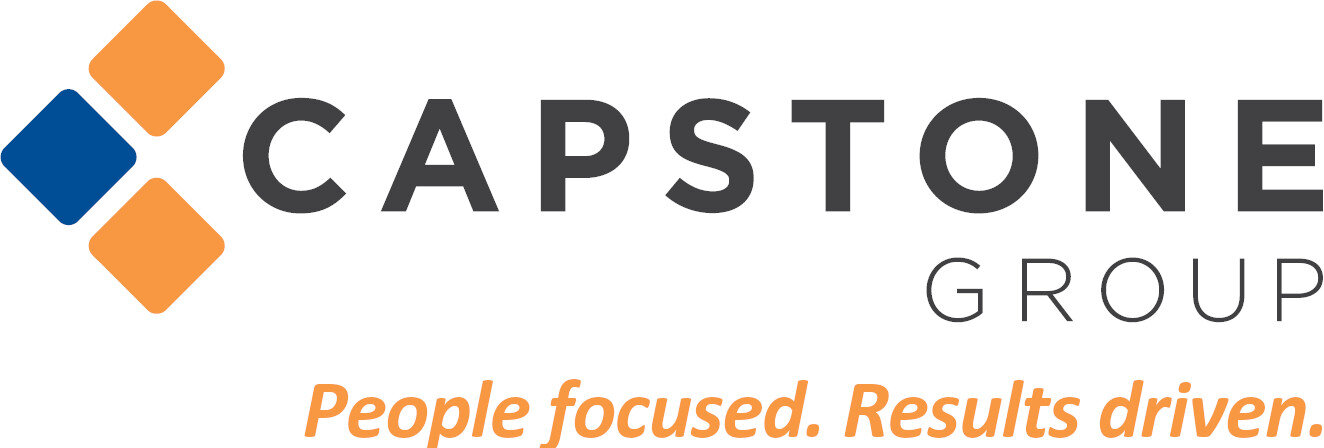Business Income & Interruption Insurance - What Now?
Over the past month, it’s been made clear that commercial insurance policies as currently written provide little to no coverage to help reimburse businesses for lost income or a decline in sales due to the Coronavirus shutdowns. The “Business Income” or “Business Interruption” coverage found in commercial insurance policies seemed like a logical place to start. However, in nearly all instances, these commercial property coverage provisions are only triggered by “direct physical damage” to property. Another hurdle for policyholders hoping to obtain claims dollars from their commercial policies are the common “Exclusion for Loss Due to Virus or Bacteria” endorsements. This has been a grim and frustrating reality for business owners and leaders across the country. But the fight is far from over. The sections below provide an update of issues, ongoing efforts, and our professional guidance for navigating these uncharted waters.
The American Property and Casualty Insurance Association (APCIA) estimates that the closure of small businesses is resulting in losses of approximately $431 billion per month. Given the substantial amount of dollars involved, it’s no surprise that attorneys and lobbying groups are confronting the issue head-on. Early this week, Pennsylvania joined a host of other states including New York, New Jersey, Massachusetts and Louisiana in introducing a bill that would force insurers to retroactively cover business interruption claims for small businesses (under 100 full-time employees). This move comes as insurance carriers are maintaining their stance that mandated coverage for the pandemic would threaten the solvency and stability of the entire insurance industry, as current premium volumes pale in comparison to the estimated monthly losses tied to this pandemic as projected above by the APCIA.
There are several other ideas and proposals currently being brought to the table in addition to the state-specific efforts that would force insurers to pay claims. These include:
Federal Backstop - The introduction of a Federal backstop program similar to the Terrorism Risk Insurance Act (TRIA), which would provide a transparent system of shared public and private compensation for insured losses resulting from a pandemic, as opposed to acts of terrorism. This approach may be more palatable to insurance companies if they know they are sharing in the financial responsibility to pay claims.
State Legislation - In addition to Pennsylvania’s recent introduction of House Bill 2372, which would mandate insurers to pay claims, PA legislators also introduced House Bill 2386, which would issue emergency grants to businesses that have had a business interruption claim denied by insurers. This is an interesting tie-in to the small business relief provisions found in the CARES Act and an avenue that could potentially be explored at the Federal level in additional stimulus measures.
Relief Fund - The establishment of a massive relief fund in the mold of the 9/11 victim’s compensation fund. The fund would be overseen by a court-appointed official and the claims would be administered by a carefully selected panel of individuals from varying backgrounds.
Litigation - Insurers are bracing themselves for lawsuits being brought against them from all angles. These suits will undoubtedly result in new case law that will impact future rulings as well as insurance guidance moving forward.
Emerging Coverages – The Insurance Services Office, Inc. (ISO) is widely considered as the leading source of statistical and underwriting information for the Property & Casualty industry. In response to COVID-19, ISO has created two new business income endorsements that could be the model for providing coverage to businesses in response to future pandemics, if they are first adopted by individual carriers. These endorsements would not provide coverage for the current outbreak, but is one example of the many changes we expect to see in our industry as a result of the COVID-19 pandemic.
Additional Stimulus - The potential for a “Phase 4” stimulus package that would include additional relief for businesses and may further address the items mentioned above.
While insurers have been digging their feet in on many fronts, they have been accommodating in other areas. Most of the largest Property & Casualty insurers have announced extended grace periods, more flexible payment schedules, and the waiving of fees and cancellation notices for nonpayment. Some are also loosening up underwriting guidelines to provide coverage for incidental exposures that arise from pivoting business models, such as curb-side pickups and the use of personal vehicles for delivery. More recently, we are seeing some personal auto insurers stepping up to reimburse their policyholders directly for the overall reduction on auto-related claims being reported to the sharp decline of drivers on the road.
Summary of Guidance:
Capstone is committed to providing real-time guidance during this evolving crisis. While our initial interpretation of common insurance policy language still stands true today, the extended timeline of the shutdown and increasing scale of damages continues to open doors to alternative outcomes that will undoubtedly impact our recommendations to business owners, executives, and nonprofit leaders.
If your business has experienced or is currently experiencing a financial loss, directly or indirectly related to the pandemic, we recommend you speak to your insurance advisors about submitting a claim. In most instances, these claims will be denied immediately. However, as we’re seeing from the bills being introduced especially here in PA, legislators are hoping to either reverse those decisions or provide additional relief to businesses that have already been denied.
If your business is currently unable to pay monthly insurance premiums, we recommend you speak to your insurance advisors to discuss payment flexibility options that may be available to you. Our insurance carrier partners are considering these options on a case-by-case basis.
For regularly updated information on these topics, please visit our COVID-19 Resource Center.
If you have any additional questions, please reach out to a member of our team directly, call our primary office number or send us an email to our general inbox below.
Contact: Capstone Group
8 Spring House Innovation Park, Suite 202, Lower Gwynedd, PA, 19002
P: 215-542-8030
F: 215-542-8080

